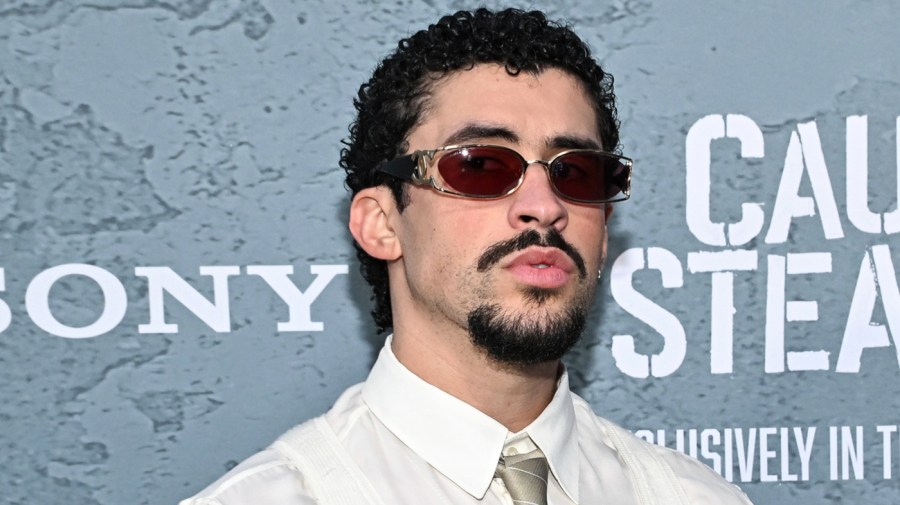Bad Bunny, the globally renowned Puerto Rican artist, has announced that he will not include the United States in his upcoming world tour. The decision stems from fears that U.S. Immigration and Customs Enforcement (ICE) could be present at his concerts, potentially targeting attendees. This announcement has raised significant attention, particularly in light of the ongoing discussions surrounding immigration policies and their implications for artists and their audiences.
In a statement shared with fans, Bad Bunny emphasized that his decision was not rooted in animosity towards the U.S. but rather in a genuine concern for the safety and well-being of his supporters. “There were many reasons why I didn’t show up in the U.S., and none of them were out of hate — I’ve performed there…” he stated, reinforcing his connection to his American fans while expressing his apprehensions.
Impact on Fans and the Music Industry
The artist’s choice to forgo performances in the U.S. could significantly impact his fan base, particularly among those who have eagerly awaited his return. Bad Bunny has garnered a massive following, with millions of streams and sold-out shows around the world. His absence from the U.S. concert scene may leave many fans disappointed, especially those who are unable to travel internationally to see him perform.
The decision also highlights broader issues within the music industry regarding the intersection of art and immigration policy. Artists often serve as cultural ambassadors, bridging gaps between communities. Bad Bunny’s choice not to tour in the U.S. reflects a growing trend among musicians who are increasingly vocal about their stance on social issues, including immigration rights.
Broader Context of Immigration and Safety
The concerns expressed by Bad Bunny resonate with many artists and concertgoers who fear potential immigration enforcement at large public gatherings. Events involving Latino artists, in particular, have raised alarms about the possibility of ICE conducting operations at concerts, which could discourage attendance among undocumented fans and their families.
According to a report from the American Civil Liberties Union, there has been a notable increase in ICE activities in public spaces, including concerts and festivals. This has sparked fears among communities about attending events that should celebrate culture and unity. Bad Bunny’s decision to prioritize the safety of his fans mirrors the sentiments of many who seek to protect their communities from potential threats.
As the music industry continues to navigate these complex issues, Bad Bunny’s cancellation serves as a poignant reminder of the challenges faced by artists in a politically charged environment. His commitment to his fans’ safety over commercial success underscores the evolving role of artists in advocating for social justice and change.
The absence of Bad Bunny from the U.S. concert scene may prompt discussions about the future of live performances and the need for policies that ensure the safety and inclusivity of all attendees.
